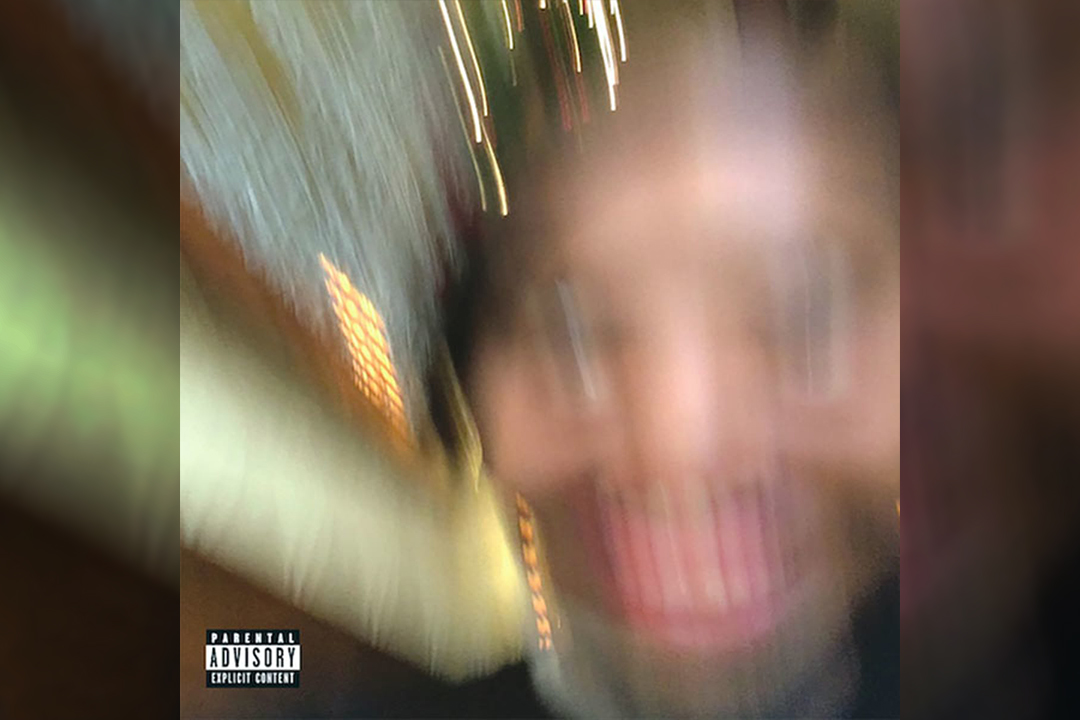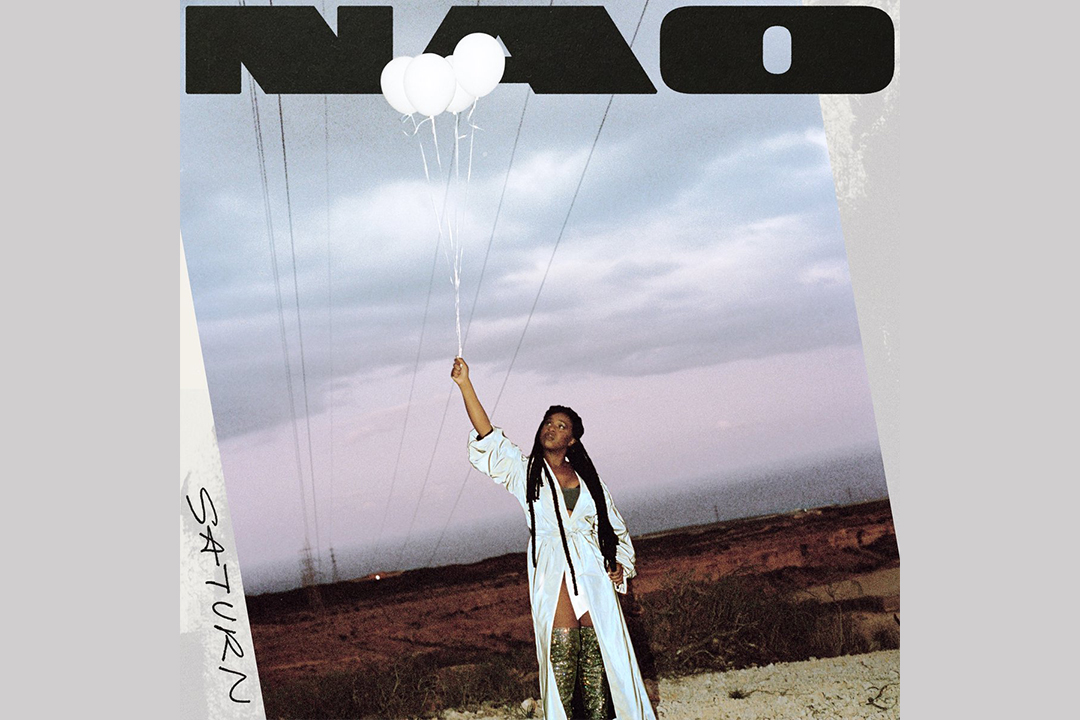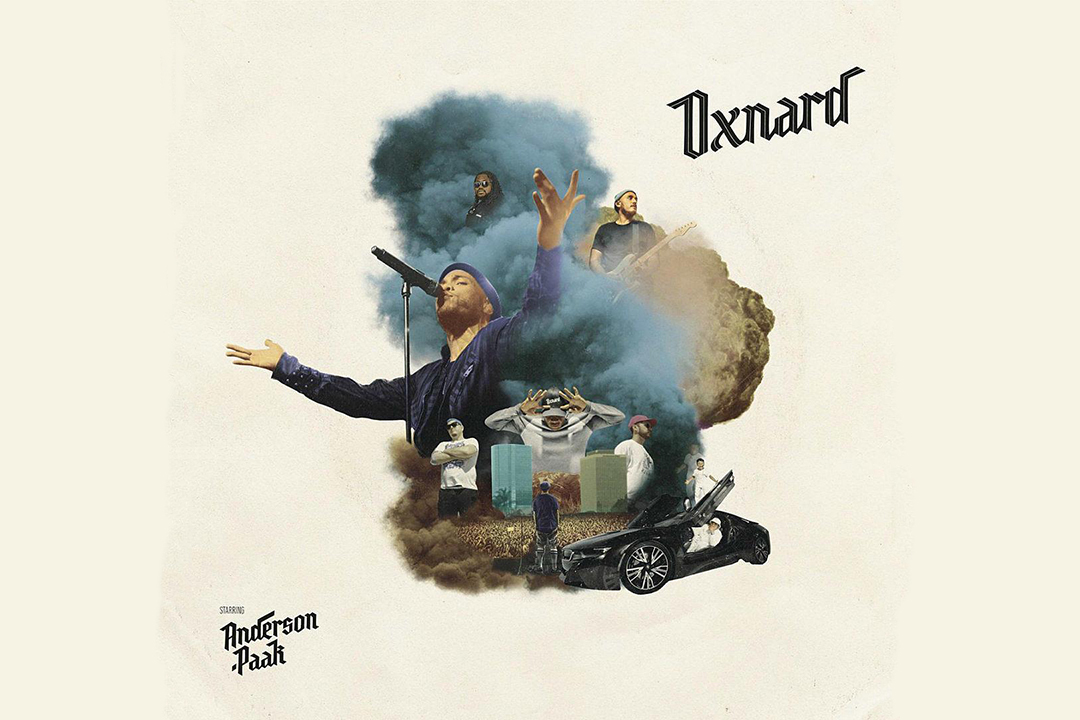CAN I KICK IT? JANELLE MONÁE DIRTY COMPUTER
Janelle Monáe’s newest album, Dirty Computer, sounds like liberation. Above all, for herself, the self-declared pansexual black woman that has starred in hit big-budget movies and made news at award shows. It’s been ten years since she started making music, so this latest project exudes a confidence and even a level of happiness that seems to have been amassed during that time, finally reaching a point of lush pop eruption. Dirty Computer can and should be seen as a statement piece, but it’s also a fun experience to which fans won’t help but be able to dance. Monáe sounds freer here than she has up to this point in her music.
The “emotion picture” that accompanies the album is nearly 50 minutes of social commentary, which would have conventional wisdom suggest that this album would be dark and deeply emotional, something more akin to Frank Ocean’s last album. The video depicts a surveillance state where queer people and people of color are hunted down for noncompliance. Police stop them while they drive and beat them and arrest them at their own parties. But Monáe’s love for her musical influences is far stronger than the nods her director makes. Keith Haring, David Bowie, and Prince ooze out this album like playful sexuality in the “Make Me Feel” video. The entire thing is gleeful and youthful in the traditional sense. The songwriting is precise, even if it isn’t always perfect. The reckless and joyful “Screwed” is a refreshing embodiment of the devil-may-care nihilism occasionally experienced by minorities (in the case of the Dirty Computer emotion picture, queer people of color living in a surveillance state). Whatever one’s personal views are of the current state of affairs in the world and the plight of others, it’s difficult to not feel the funk and technical prowess of such an impressive bassline on an album that already bows to George Clinton and Chic.
It is difficult to separate Dirty Computer from the larger narrative of resistance across the arts today. This album is certainly a personal one, probably Monáe’s most personal record to date, but there is an inherent distancing that takes place while listening to this album. With songs largely speaking to “we” and “us” (i.e., very specific minorities) instead of “I” (i.e., Monáe), even when that “we” includes the “I,”it’s hard for the audience en masse to completely relate with the auteur. This all-encompassing “we” is part of Monáe’s goal, however. “I want young girls, young boys, nonbinary, gay, straight, queer people who are having a hard time dealing with their sexuality, dealing with feeling ostracized or bullied for just being their unique selves, to know that I see you,” Monáe told Rolling Stone. “This album is for you. Be proud.”
Not everyone will necessarily feel as much empathy for the social plight of the likes of Janelle Monáe, but one of Dirty Computer‘s strengths is that you don’t have to. There is much here to enjoy musically. Her Prince acolyte status is often accompanied by songwriting that crafts choruses that could slide into Taylor Swift songs, a feat that will surely provide the album with widespread likeability. Even individuals who don’t appreciate artistic agendas or socio-political aggrandization can enjoy listening to this album, which makes puts Monáe in a different artist class than many of her peers.







